- Bibles
- CHILDREN’S BOOKS AND BIBLES
- Books
- Liturgical Books
- Youcat Series
- TEXT BOOKS
- Value Education
- New Arrivals
- Print Services
- About Us
- Contact us
- Login/Register
THE VISION OF THE PROPHET ISAIAH
- Home
- THE VISION OF THE PROPHET ISAIAH
Related Products
- NEW ARRIVALS - Bibles & Books
THE ST JOHN’S TOOLKIT FOR MEDICAL POSTGRADUATE WELL-BEING
$ 7.34Add to cartQuick View - NEW ARRIVALS - Bibles & Books, PHILOSOPHY
THE OXFORD HANDBOOK OF AMERICAN PHILOSOPHY
$ 33.48Add to cartQuick View - GENERAL, NEW ARRIVALS - Bibles & Books
REFLECTIONS ON VATICAN II – 35 VOLUMES
$ 54.25Add to cartQuick View - BESTSELLERS, GENERAL, NEW ARRIVALS - Bibles & Books
GOD’S UNSUNG HEROES
$ 2.29Add to cartQuick View - NEW ARRIVALS - Bibles & Books
BRING FUN TO ONLINE TEACHING
$ 2.29Original price was: $ 2.29.$ 1.83Current price is: $ 1.83.Add to cartQuick View
© Copyright 2025. All Rights Reserved.


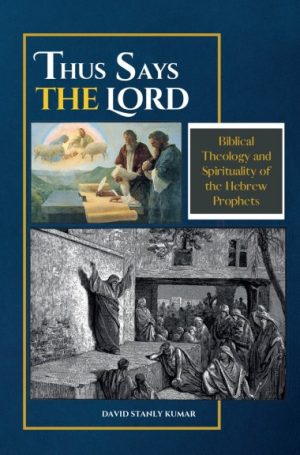

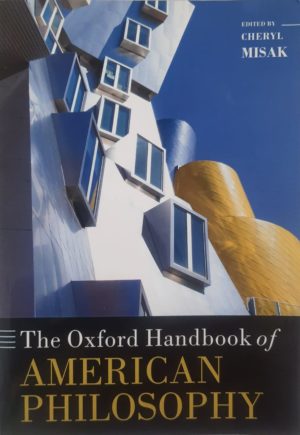
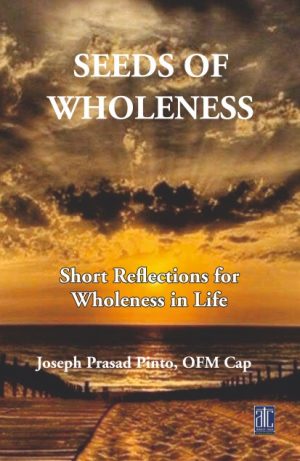
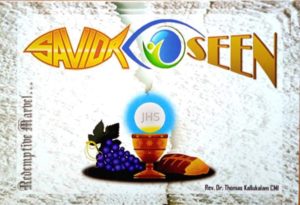
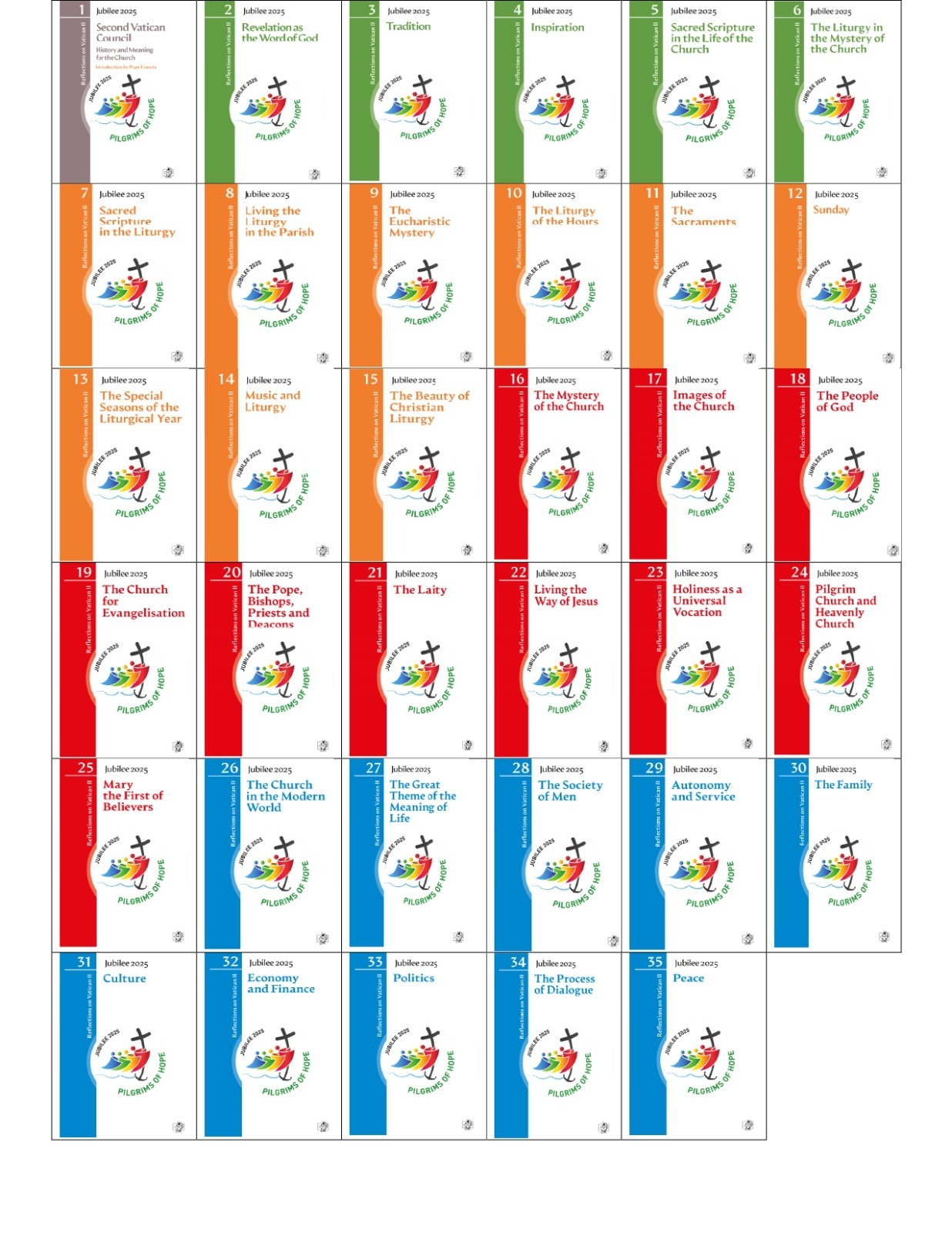
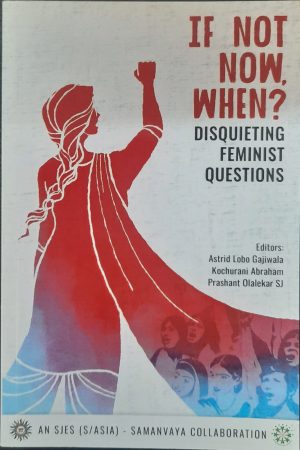
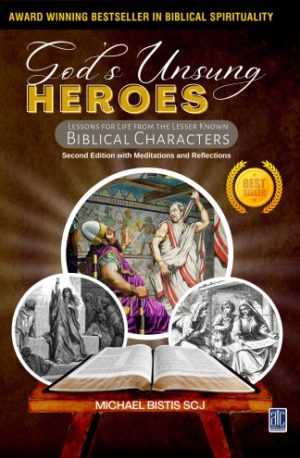
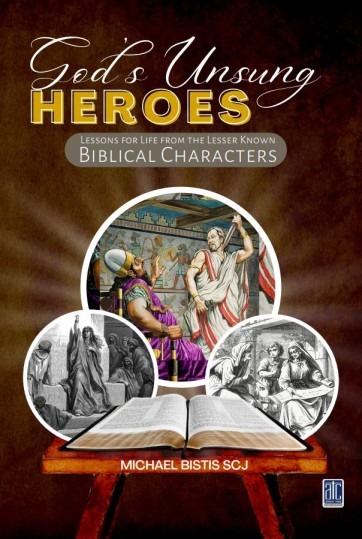
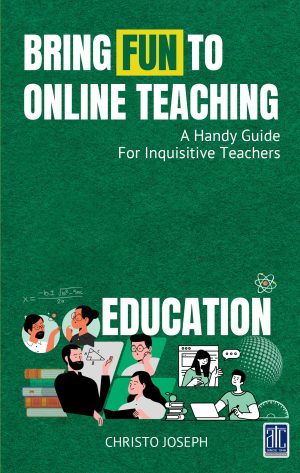
THE VISION OF THE PROPHET ISAIAH
$ 4.59
Description
Come, let us walk in the light of the Lord! Isaiah's words are deeply loved by many who attend Sunday services. But how many can say that they have actually read this book? This commentary invites you to read Isaiah from the era when it reached its sixty-six-chapter form and came to be part of Israel's sacred writings. Three memories helped to give shape to the Isaiah scroll. The first memory is of the destruction of Jerusalem in 587 BCE. How could God have allowed that to happen? The opening section of the scroll addresses that question. The second memory involves the fall of Babylon after 562 BCE. People, nations, and even empires rise and fall. The second section of the scroll addresses war and the sorrows of war. The third memory is of Cyrus of Persia, who allowed the exiles to return home after 539 BCE. His actions are presupposed, not just in the joyful poetry of the latter chapters of the scroll, but also in the confidence in God's love that runs through the entire scroll. God is the Lord of all nations and of all creation. Isaiah is a theological interpretation of past history. It is a passionate call for people to live with integrity, compassion, and hope.
Additional information
HOPE IN A WAR-WEARY WORLD – A COMMENTARY
A. JOSEPH EVERSON
9789388953535